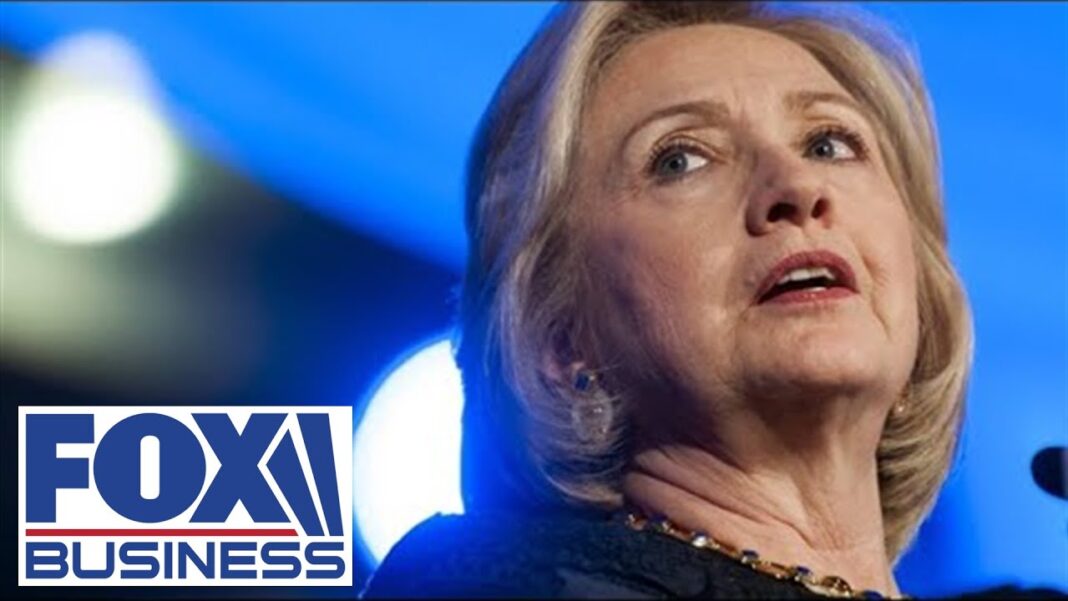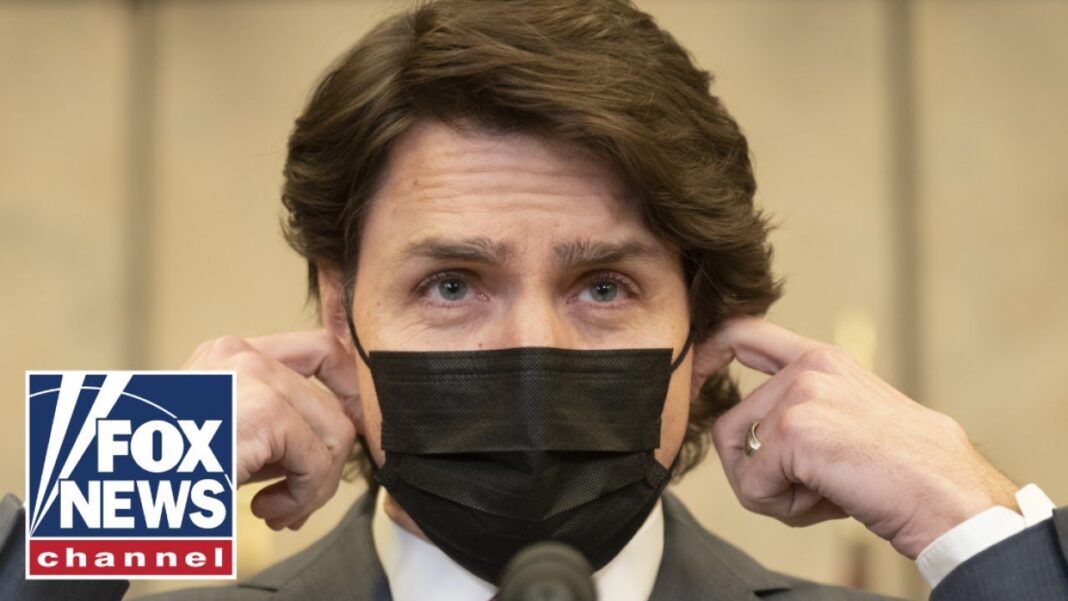Dr. Martin Kulldorff is one of the most qualified public health pandemic experts in the United States. To the narrative-shapers, he’s a pariah.
As a prominent epidemiologist and statistician, Kulldorff has worked on detecting and monitoring infectious disease outbreaks for two decades. His methods are widely used around the world and by almost every state health department in the United States, as well as by hundreds of people at the Centers for Disease Control and Prevention (CDC).
Kulldorff has also worked on vaccine safety for decades, developing globally used methods for monitoring adverse reactions in new vaccines.
His résumé on the Food and Drug Administration (FDA) website is 45 pages long and includes a list of 201 peer-reviewed published journal papers. His work has been cited more than 27,000 times.
Since 2003, Kulldorff worked at Harvard Medical School, first as an associate professor of population medicine and later as a professor of medicine.
In November, Harvard and Kulldorff abruptly parted ways.
Kulldorff prefers to keep the reasons private, but it’s hard to ignore that he placed himself in the crosshairs of the pandemic narrative early on in the “15 days to slow the spread” lockdown and has since paid the price.
It’s quite something for a public health scientist at the top of his game to admit that “both science and public health are broken.”
“For some reason, a public official narrative was established, and you weren’t allowed to question it—which, of course, is very detrimental, both to the pandemic and how to deal with the pandemic, because you have to have a vibrant discussion to figure out how best to deal with these things,” he told The Epoch Times.
The Swedish native said he tried to point out in March 2020 that there was a very steep age gradient on mortality for COVID-19, the disease caused by the SARS-CoV-2 virus.
Kulldorff said he attempted to publish a paper both in U.S. medical journals and mainstream newspapers stating that while anyone could contract the virus, the focus should be on protecting the elderly and those at high risk. His paper was knocked back from all directions.
“I was able to publish in Sweden, in the major daily newspapers there during the spring of 2020, so that was not a problem,” he said. “But the United States was not allowed to have a debate, which is very troubling.”
The Great Barrington Declaration
His early efforts culminated in the Great Barrington Declaration, published with Dr. Sunetra Gupta and Dr. Jay Bhattacharya in October 2020. The declaration called for a more nuanced approach to the one-size-fits-all restrictions that had been imposed on much of Western society.
“The most compassionate approach that balances the risks and benefits of reaching herd immunity, is to allow those who are at minimal risk of death to live their lives normally to build up immunity to the virus through natural infection, while better protecting those who are at highest risk,” the declaration states.
The two other authors are also amply qualified in the field. Gupta is a professor at Oxford University, an epidemiologist with expertise in immunology, vaccine development, and mathematical modeling of infectious diseases. Bhattacharya is a professor at Stanford University Medical School, a physician, epidemiologist, health economist, and public health policy expert focusing on infectious diseases and vulnerable populations.
Kulldorff said the Great Barrington Declaration proposed nothing new.
“It’s just the basic fundamental principles of public health that existed in the pandemic preparedness plan that was prepared many years before,” he said. “It’s sort of astonishing that it wasn’t followed from the very beginning of the pandemic.”
Conventional public health science had deemed it unnecessary and potentially harmful to close schools and small businesses, to impose masking on the general public, and to quarantine healthy people.
Kulldorff said the document wasn’t for the politicians, or scientists, or even the doctors—although thousands of each signed it.
“The most important audience was the public,” he said, “because it’s the public that ultimately will end these misguided public health policies. It’s the public, regular people, who are suffering the consequences.”
He said the authors wanted to advise the average person that their intuition was correct, that the restrictions weren’t based on public health science—”so when you oppose them, you’re standing on firm scientific ground.”
“The key thing was to break the pretense that there was scientific consensus for these lockdowns—which there wasn’t.”
The appearance of a scientific consensus was formed through high-profile public health officials such as Dr. Anthony Fauci, Dr. Francis Collins, and Dr. Deborah Birx, as well as corporate media along with the stifling of opposing viewpoints.
“There’s really no public health arguments against the declaration. So if you want to criticize it, you have to … make up lies about it and then attack that, as well as slander the people behind it. And they did both of those things,” Kulldorff said.
It wasn’t until a December 2021 email dump that Kulldorff and the American public got to peek behind the curtain of how the traditional pandemic playbook had been tossed and how swiftly dissenting voices were maligned.
Following a Freedom of Information Act request, emails that involved Fauci, the director of the National Institute of Allergy and Infectious Diseases (NIAID), were released. An email to Fauci from Collins, then-director of the National Institutes of Health, was sent days after the Great Barrington Declaration was published.
“This proposal from the three fringe epidemiologists … seems to be getting a lot of attention,” Collins told Fauci in the Oct. 8, 2020, email. “There needs to be a quick and devastating published takedown of its premises. I don’t see anything like that online yet—is it underway?”
Collins’s four-line email mentioned that the declaration included “even a co-signature from Nobel Prize winner Mike Leavitt at Stanford.”
Fauci appears to have been in full agreement with Collins’s proposal to take down the authors and their declaration, sending a one-line reply.
“I am pasting in below a piece from the Wired [magazine] that debunks this theory,” he wrote. Collins replied. “Excellent.”
Within a day of the Collins–Fauci exchange, Google began to censor search results for “Great Barrington Declaration.”
In a subsequent interview, Collins said the declaration “is not mainstream science. It’s dangerous.”
Fauci called the declaration “ridiculous” and “total nonsense” in an interview with ABC.
A cavalcade of articles from corporate media outlets ensued, with a common theme to disparage the declaration and its authors.
The New York Times called focused protection a “viral theory.”
BuzzFeed called it a “highly controversial recommendation.”
Forbes called the declaration’s detractors “real infectious disease and public health experts.”
“Anti-lockdown advocate appears on radio show that has featured Holocaust deniers,” a Guardian headline blared, referring to Kulldorff’s interview on the “Richie Allen Show.”
Gregg Gonsalves, an associate professor of epidemiology at Yale, called the focused protection strategy “a massacre” and a “straw man argument” produced by “fancy scientists,” in a Twitter thread a week after the declaration was published.
Kulldorff, when asked if he’d ever considered himself a “fringe epidemiologist,” said, “No I have not, but I guess, when the public health leaders get it wrong, then it’s an honor to be a fringe epidemiologist.”
Social media giants such as Twitter and Facebook jumped on the censorship bandwagon and started labeling certain posts as misleading, while permanently banning journalists such as Alex Berenson.
Berenson’s final tweet before being purged was about the COVID-19 vaccines.
“It doesn’t stop infection. Or transmission,” he posted on Aug. 28, 2021. “Think of it—at best—as a therapeutic with a limited window of efficacy and terrible side effect profile that must be dosed in advance of illness. And we want to mandate it? Insanity.”
Berenson, a former New York Times journalist, has since sued Twitter.
“You always have to be allowed to question science,” Kulldorff said. “We should never silence that debate, pretend that there’s some person who is ‘The Science,’ who has all the truths.
“I think that happened during this pandemic and that’s an embarrassment for the scientific community.”
In an interview at the end of November 2021, Fauci lashed out at Republican senators who had criticized him.
“They’re really criticizing science, because I represent science,” Fauci told CBS.








